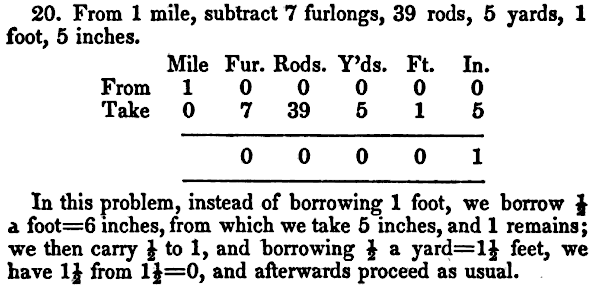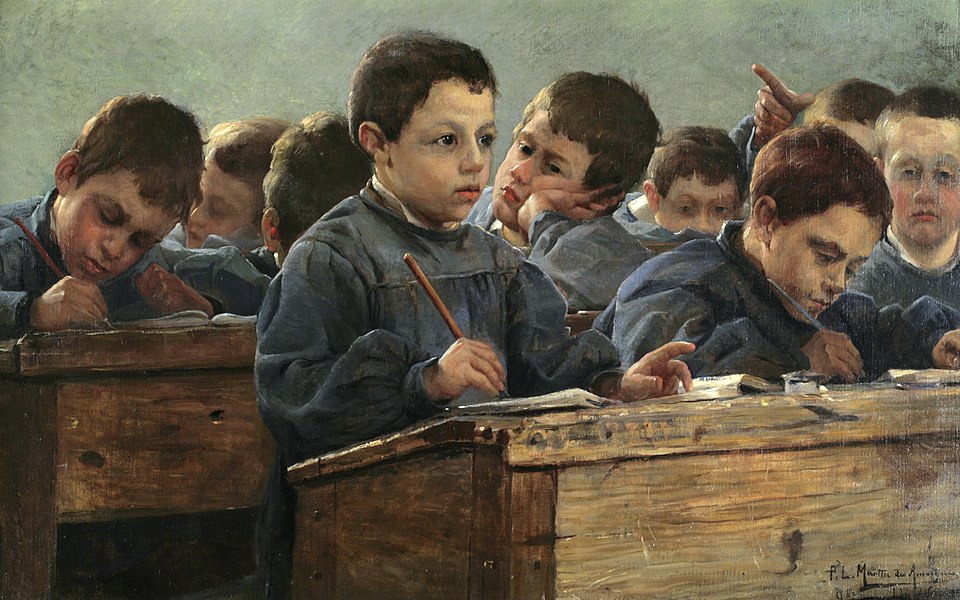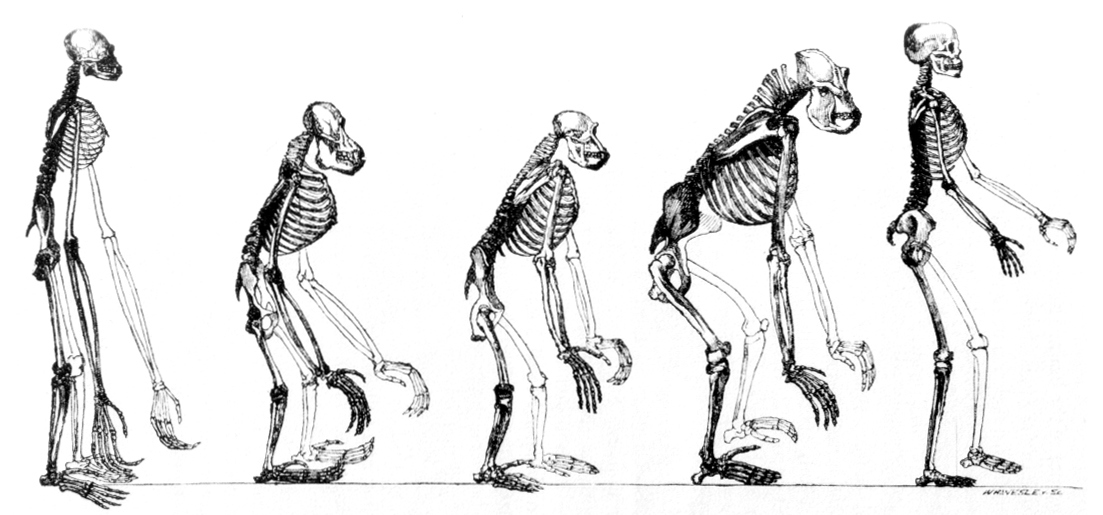As to your method of work, I have a single bit of advice, which I give with the earnest conviction of its paramount influence in any success which may have attended my efforts in life — Take no thought for the morrow. Live neither in the past nor in the future, but let each day’s work absorb your entire energies, and satisfy your widest ambition. That was a singular but very wise answer which Cromwell gave to Bellevire — ‘No one rises so high as he who knows not whither he is going,’ and there is much truth in it. The student who is worrying about his future, anxious over the examinations, doubting his fitness for the profession, is certain not to do so well as the man who cares for nothing but the matter in hand, and who knows not whither he is going!
— William Osler, advice to students, McGill College, 1899



